Anxiety is a common emotional response that can be characterised by feelings of worry, unease, or fear. It often involves anticipation of future events or situations that may be perceived as threatening or uncertain.
Most people will experience some level of anxiety at some point in their lives - but that doesn’t mean it’s a given. You can manage your anxiety with lifestyle changes, as well as natural remedies like l-theanine.
Let's take a closer look at the options.
What is L-Theanine?
L-Theanine is an amino-acid primarily found in certain plant species and fungi. Unlike most of the other amino acids, L-Theanine is not used to build proteins. Far from being useless, it holds its unique importance.
An interesting fact is that this amino acid possesses a striking chemical resemblance to glutamate, an excitatory neurotransmitter in the human brain. The similar structure allows L-Theanine to bind to several types of glutamate receptors. When it does so, it serves to dampen the overactive ones, delivering a calming effect.
Often used as a natural remedy for stress relief and relaxation, numerous beneficial effects have been attributed to L-Theanine. Among its many potential health benefits, the ability to mitigate the feelings of anxiety stands out.
What's noteworthy is its potential in the field of neuropsychiatry. Research suggests this humble amino acid could potentially play a significant role in combating various mental health disorders linked with stress and anxiety.
Despite being an amino acid, its source might surprise you. L-Theanine predominantly comes from a commonly-consumed beverage. This takes us to our next section: the special connection that L-Theanine shares with green tea.
The Connection Between L-Theanine and Green Tea
L-Theanine and green tea share a profound affiliation. Produced naturally in tea plants, L-Theanine, a non-essential amino acid, is comprehensively perceived for its calming effect. Green tea, specifically, attains its unique character partly due to the presence of this amino acid.
Despite the widespread belief, L-Theanine is not synonymous with green tea extract. The green tea extract is a concentrated concoction teeming with polyphenols and catechins. However, L-Theanine's presence in green tea extract is incumbent on various factors such as extraction method and raw material quality.
Importantly, the quantity of L-Theanine one might expect from a cup of green tea differs from leaf to leaf and brewing time. So, if your take for anxiety management relies heavily on the L-Theanine, it might be advisable to opt for supplements enriched with pure L-Theanine instead.
As a natural remedy, L-Theanine plays an essential role in green tea's beneficial effect but its efficacy in stress management is less absolute due to the stimulant nature of caffeine, also present in green tea. Thus, recognising the distinction between L-Theanine and green tea is valuable when considering these two in anxiety management.
How L-Theanine Works to Reduce Anxiety
When ingested, L-Theanine readily crosses the blood-brain barrier which allows it to directly influence the brain's function. It catalyses an increase in levels of certain neurotransmitters, specifically gamma-aminobutyric acid (GABA), dopamine, and serotonin. These neurotransmitters are critical regulators of mood, cognitive abilities, and feelings including calmness and relaxation.
While L-Theanine elevates these 'feel good' substances, it simultaneously works to decrease levels of ‘excitatory’ brain chemicals that can trigger feelings of stress and anxiety. This dual action enhances a stable and calm mental state without leading to feelings of sedation, which is a common side effect of many anti-anxiety agents.
L-Theanine is known to incite alpha brain wave activity, a state associated with 'wakeful relaxation' - the kind of tranquillity you experience when meditating, contemplating, or being artistically engaged.
The rich interplay between L-Theanine and brain chemistry suggests a merger of calmness and alertness, demonstrating its potential as a useful agent to help individuals manage stress and anxiety effectively.
So, how exactly does L-Theanine contribute to better mental health? Research has shown that L-Theanine is effective in promoting relaxation without causing drowsiness. It does this by enhancing GABA, serotonin, and dopamine levels in the brain. These are neurotransmitters that play pivotal roles in managing mood swings, stress, and anxiety.
When faced with challenging scenarios, our bodies tend to release a hormone called cortisol. A surge in cortisol levels can induce stress and restlessness. L-theanine can reduce cortisol - and those feelings of stress and anxiety.
Another fascinating thing about L-Theanine is its ability to increase alpha waves in the brain. Alpha waves are associated with a relaxed state of mind. Therefore, an enrichment in alpha waves signifies a composed and calm state, eventually leading to the alleviation of anxiety.
L-Theanine is often used in combination with ingredients like magnesium, which is known for its stress-reducing properties. This duo can work wonders in managing stress and promoting a relaxed state of mind.
Determining the Right L-Theanine Dosage for Anxiety
Usually, L-theanine doses of up to 400 mg per day are deemed safe for most people. For those starting out, it's advised to begin with a smaller dose and incrementally increase it to monitor your body's response.
A healthy adult may begin with a lower dose of L-Theanine and gradually increase based on effectiveness and any side effects. A standard rule of thumb follows a range between 200-400 mg, as shown by small clinical trials. However, some may even find lower doses effective in providing relief.
Additionally, individuals with an acute anxiety disorder may require a different therapeutic approach. As part of an anxiety treatment strategy, L-Theanine should be used in conjunction with other methods to treat anxiety effectively, such as therapy or lifestyle alterations.
Potential Side Effects and Precautions of L-Theanine
Despite the good tolerance of L-Theanine, potential side effects can still arise, particularly in cases of high doses. Some users have reported feeling drowsy after taking L-Theanine. Though this effect often wears off before bedtime or when the supplement is taken with food. Larger doses (beyond the recommended 200-400 mg per day) can be associated with nausea and dizziness.
If you're intending to use L-Theanine to treat anxiety, it's advisable to first consult with your healthcare professional.
Remember that everyone's body is unique. If you start displaying unusual symptoms after starting on L-Theanine, seek professional medical guidance.
Final Thoughts on L-Theanine Dosage for Anxiety
L-Theanine, a naturally occurring amino acid found in green tea, has shown promising results in helping to reduce anxiety and promote relaxation. Its calming effect on the mind, coupled with minimal side effects, makes it a viable natural remedy for managing stress and anxiety.
If you would like to tap into the calming benefits of l-theanine, Equilibrium is the right supplement for you. Equilibrium has been designed to help individuals manage stress and improve overall well-being. In addition to l-theanine, it contains a blend of adaptogenic herbs and nutrients that are known for their potential stress-reducing properties:
- Ashwagandha (KSM-66): This adaptogenic herb has been extensively studied for its ability to reduce cortisol levels, a stress hormone. It may also help improve mood, cognitive function, and sleep quality.
- Magnesium: A vital mineral involved in many bodily functions, magnesium can help regulate mood, reduce stress, and improve sleep.
- Lemon Balm, Chamomile, L-Ornithine HCL, Hops Extract: These ingredients are also known for their potential calming and relaxing effects.
Are you ready to experience the transformative benefits of Equilibrium? Try it today and discover a more balanced and peaceful life.





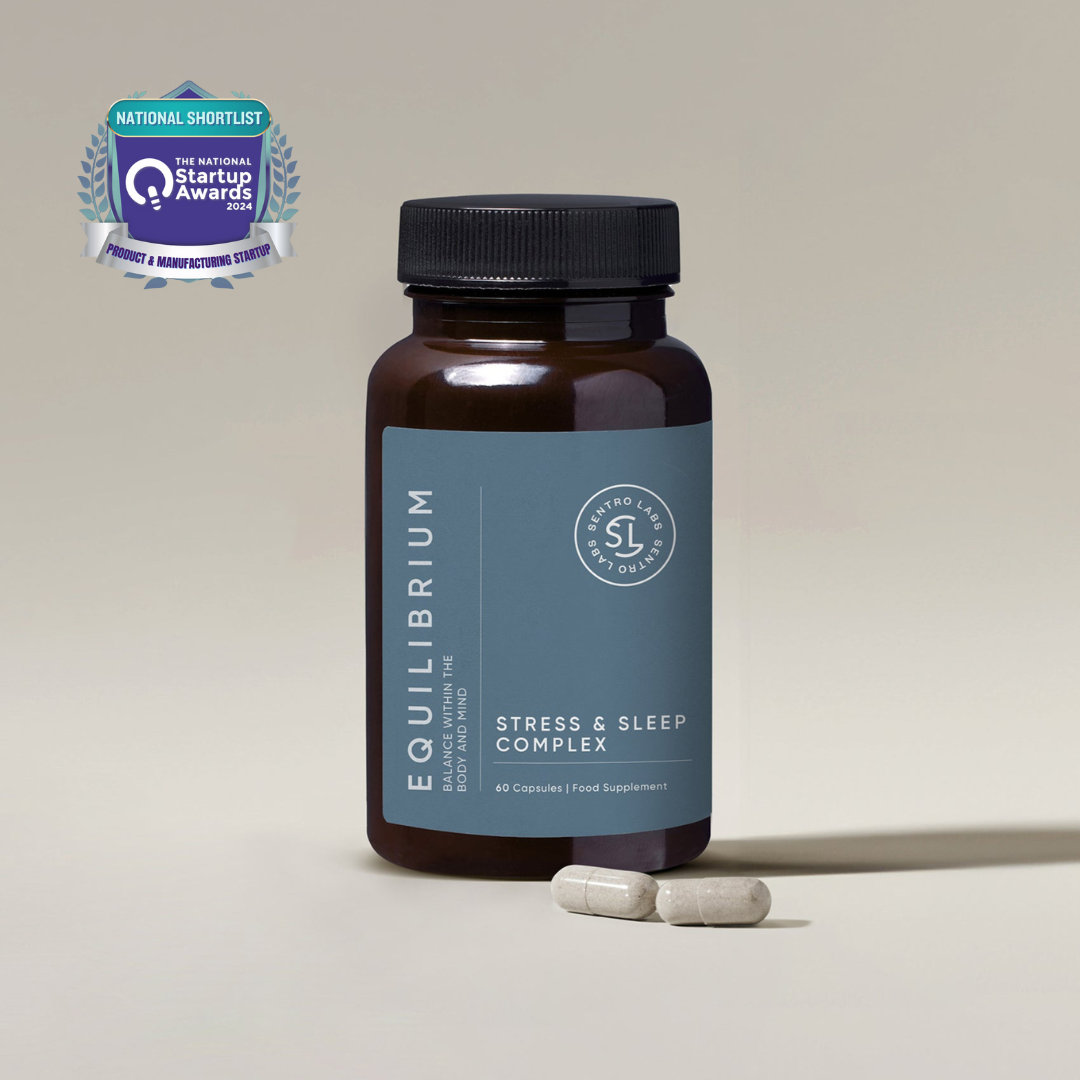


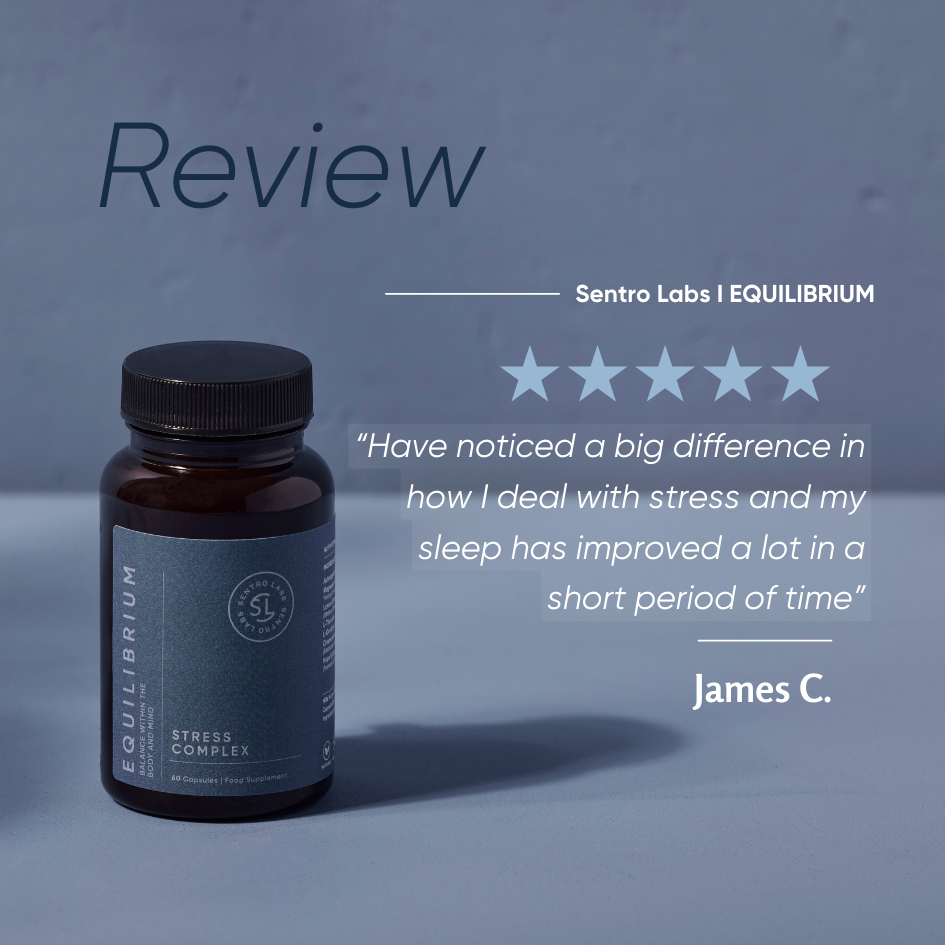
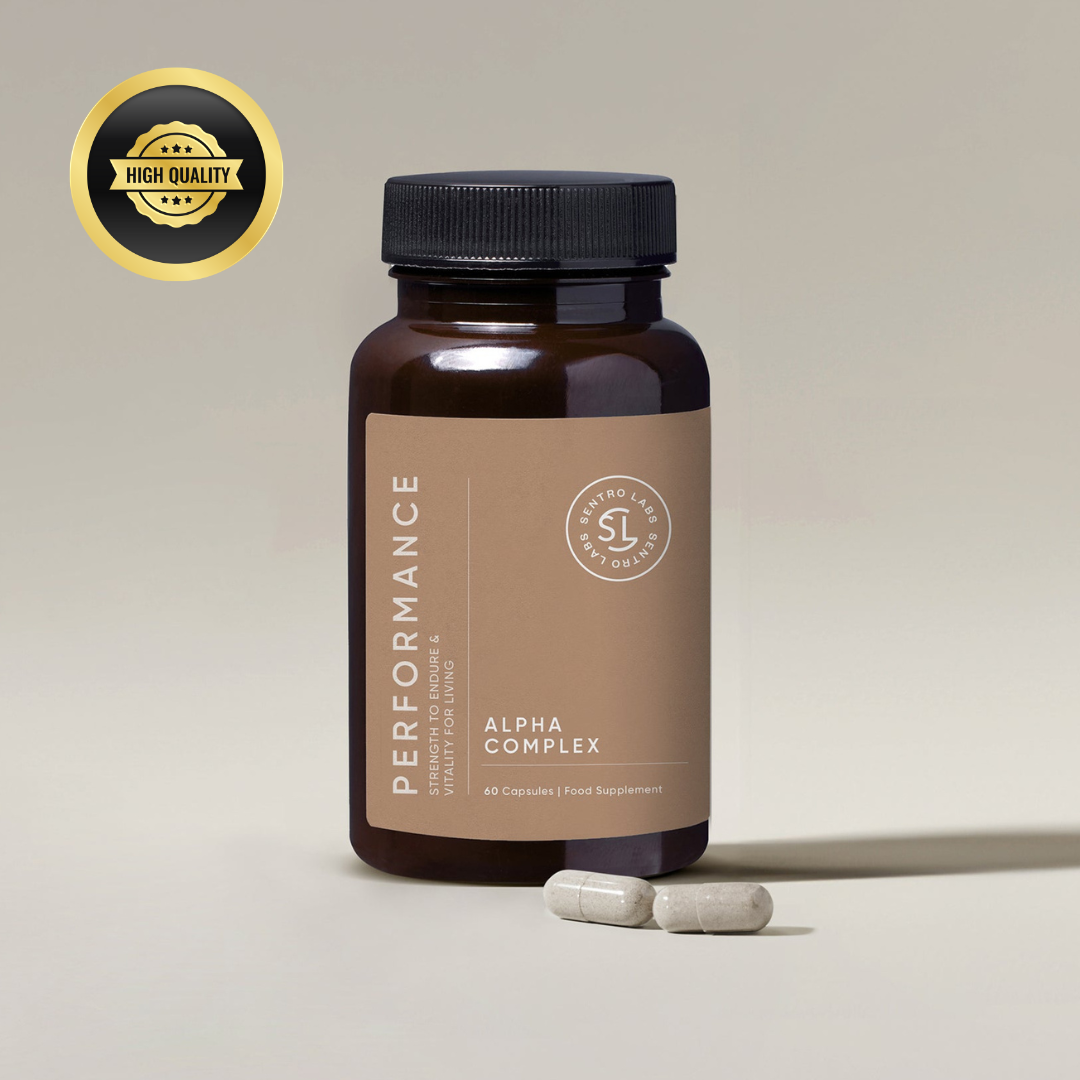
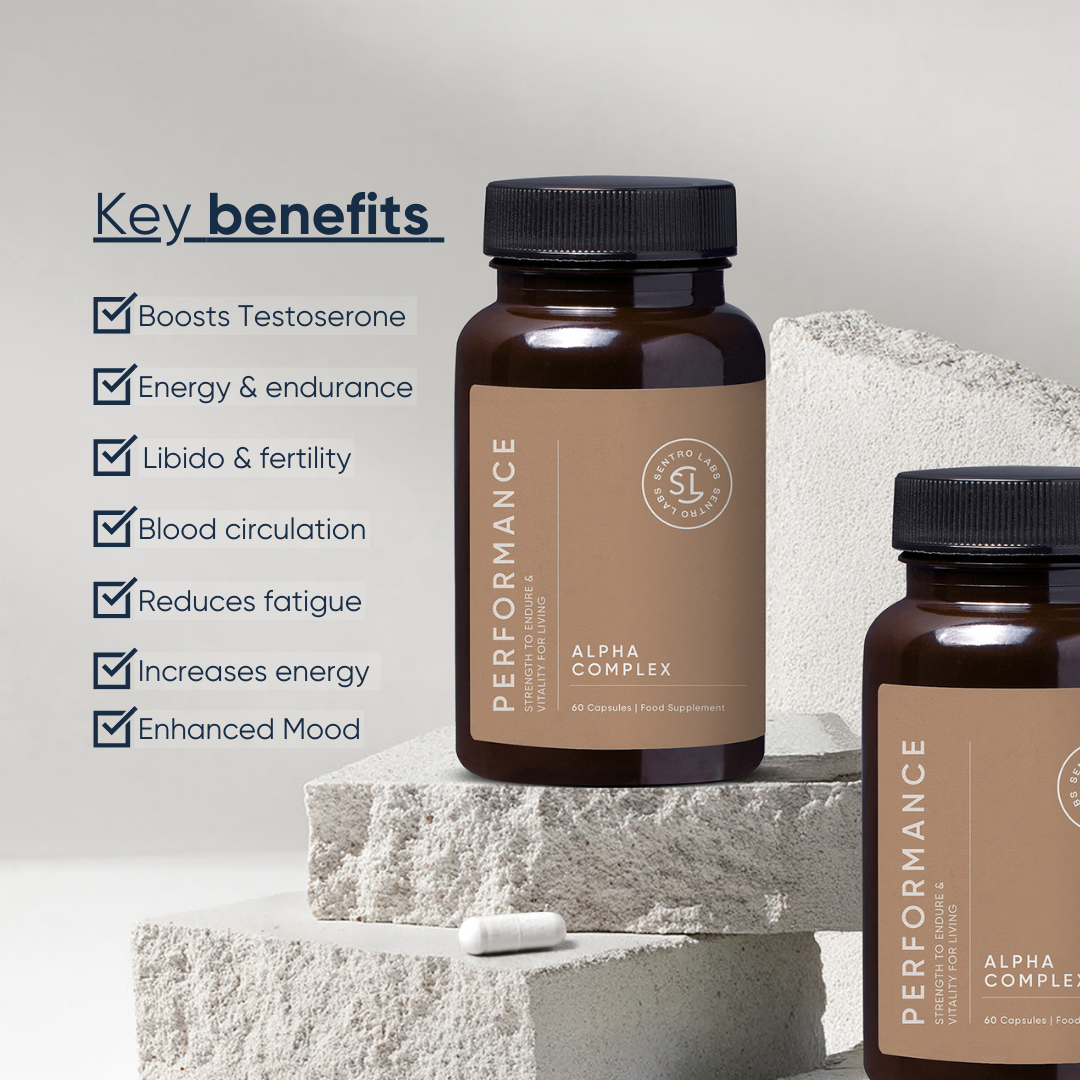
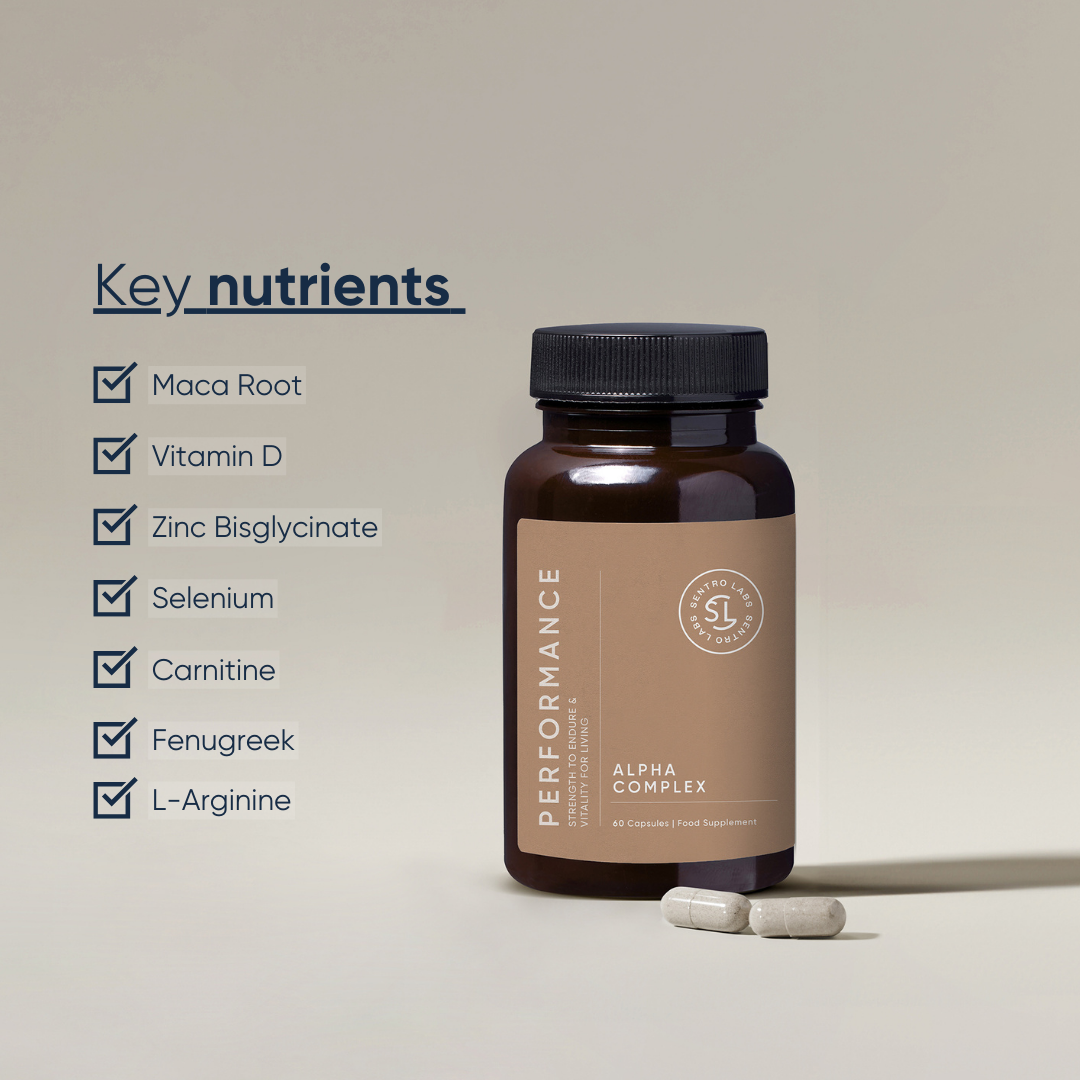
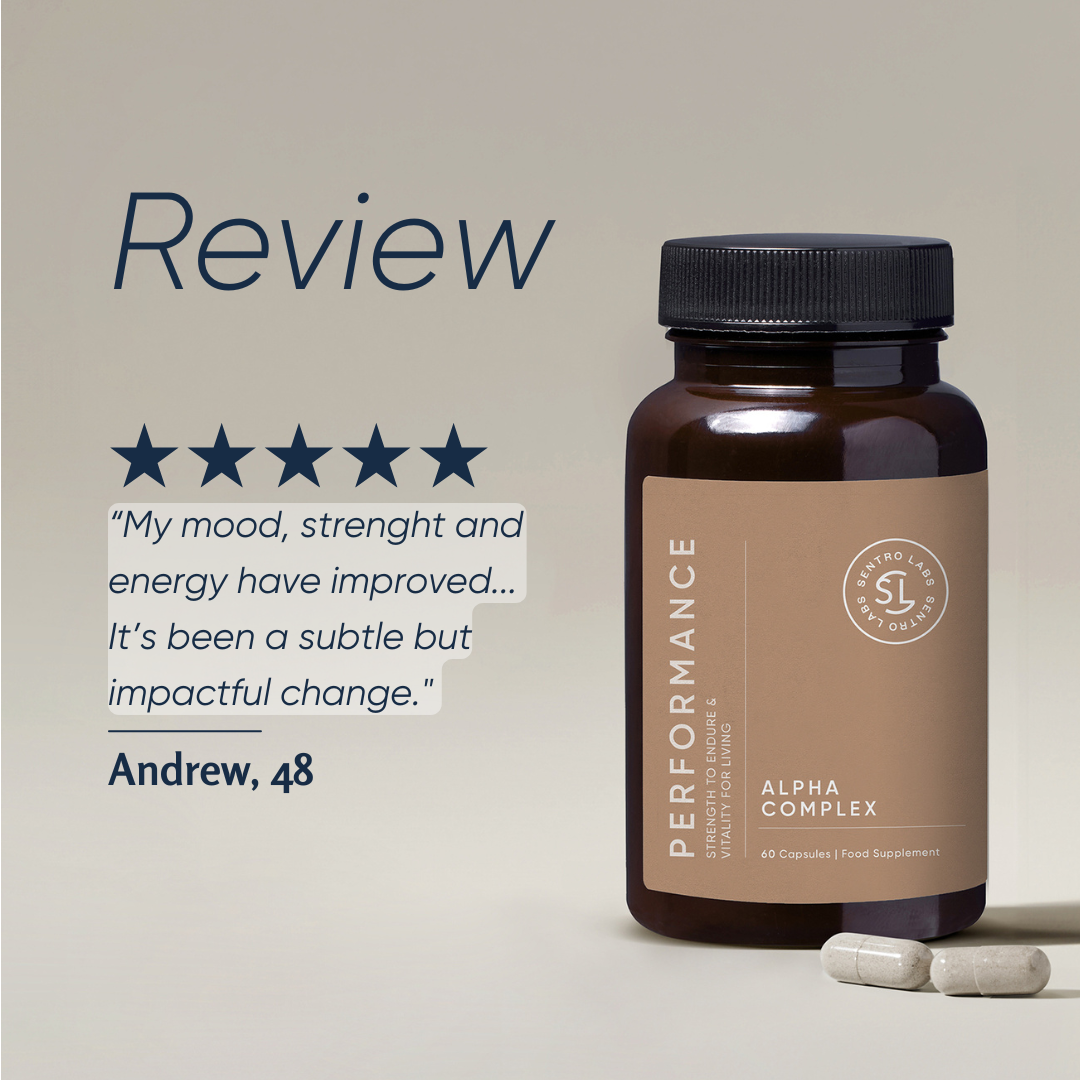
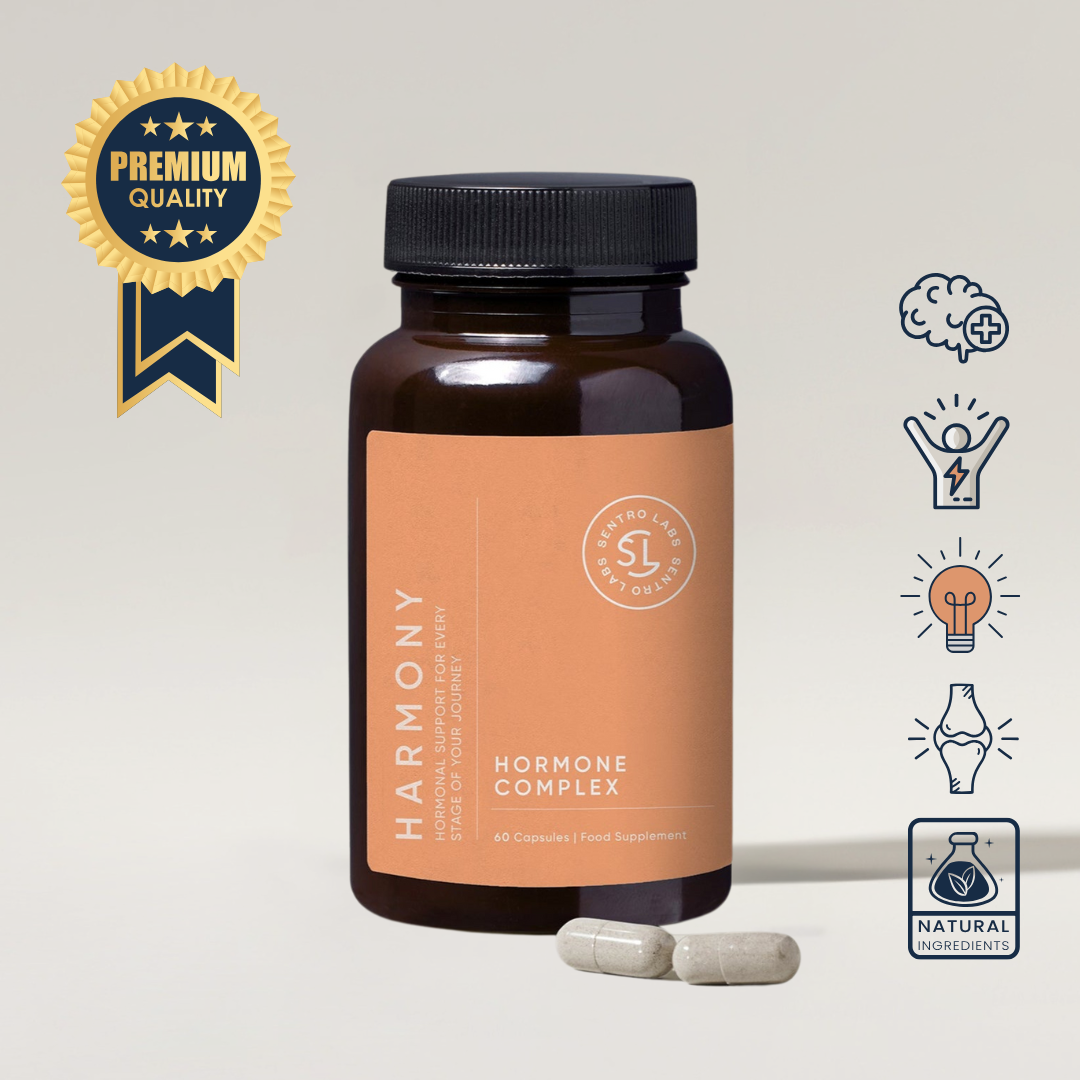
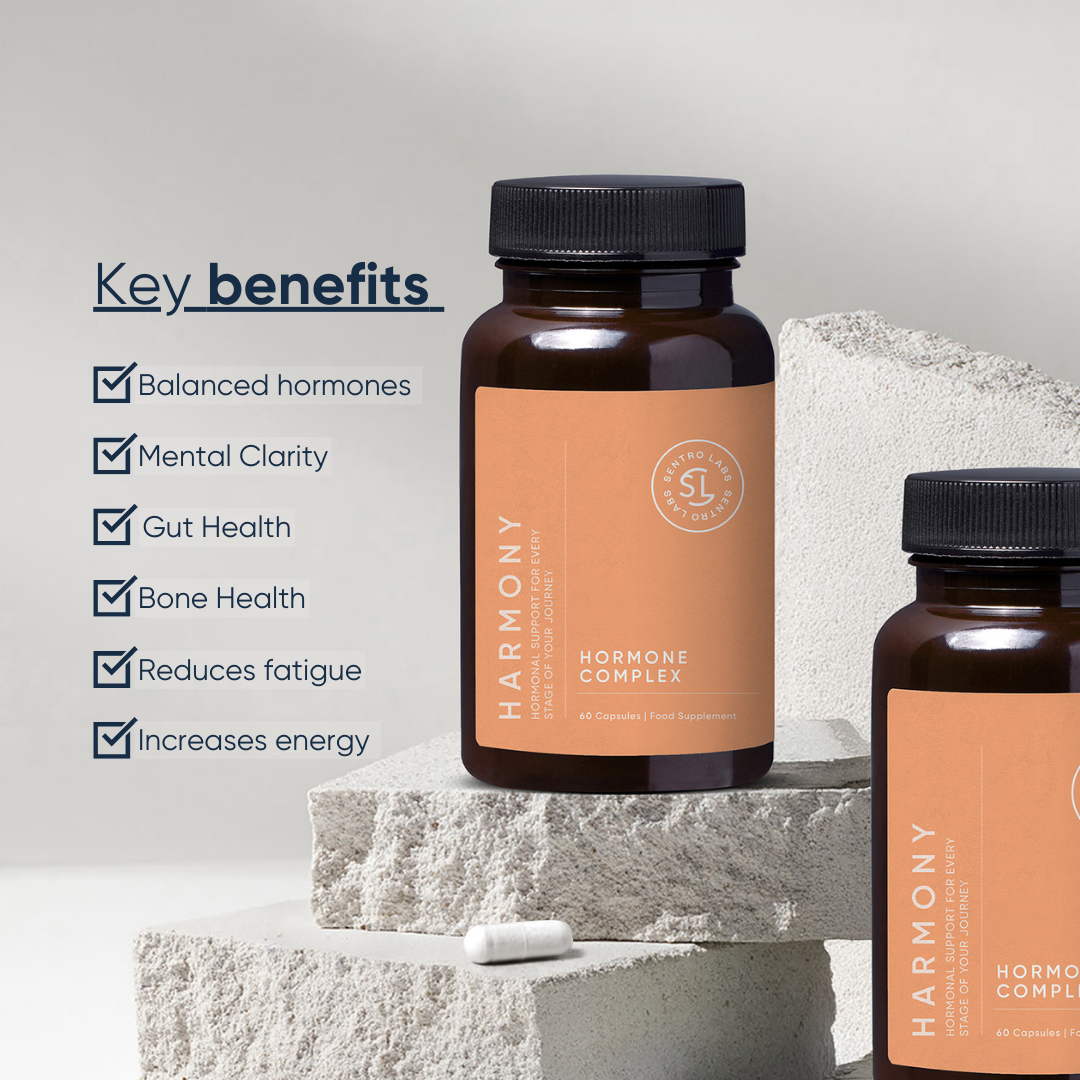
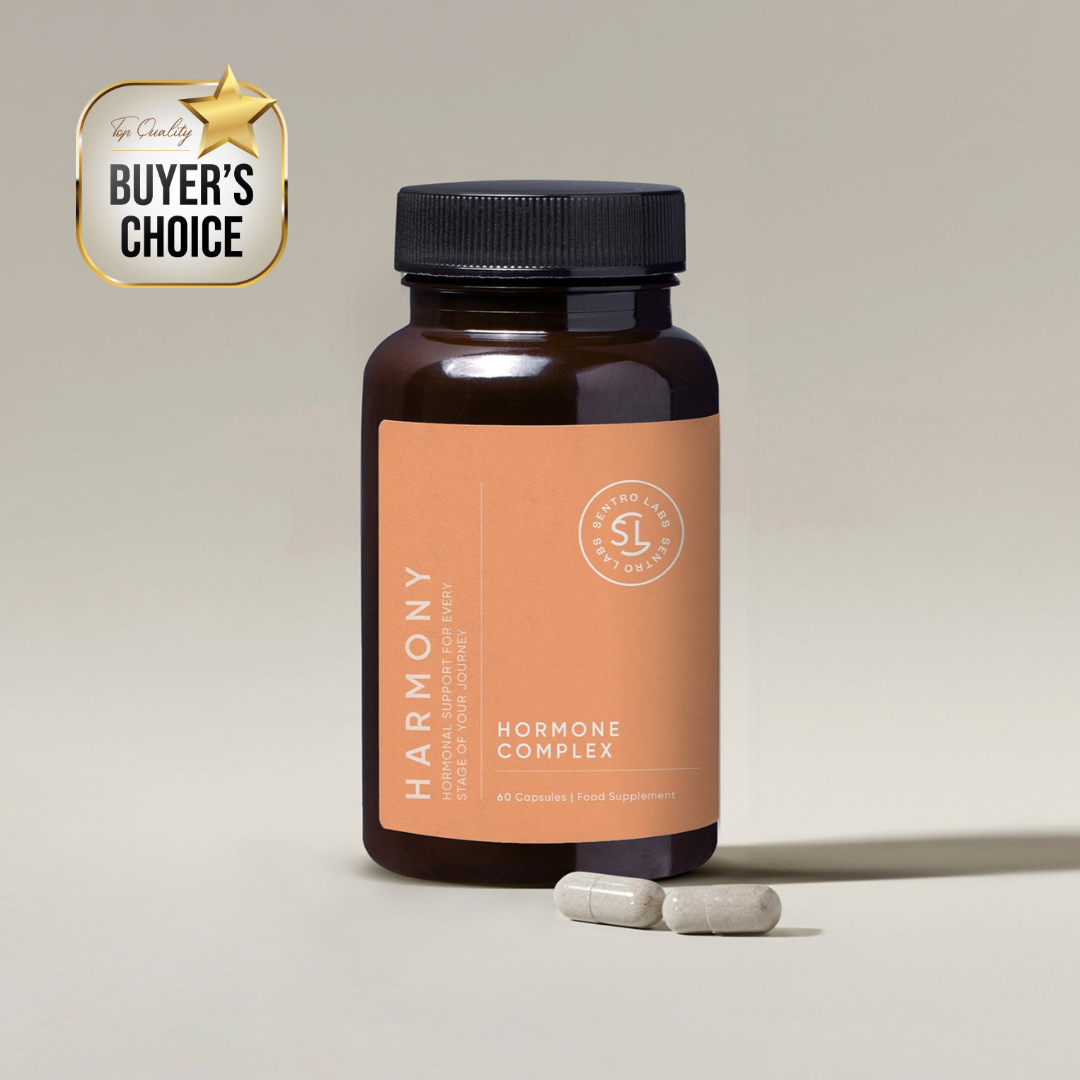
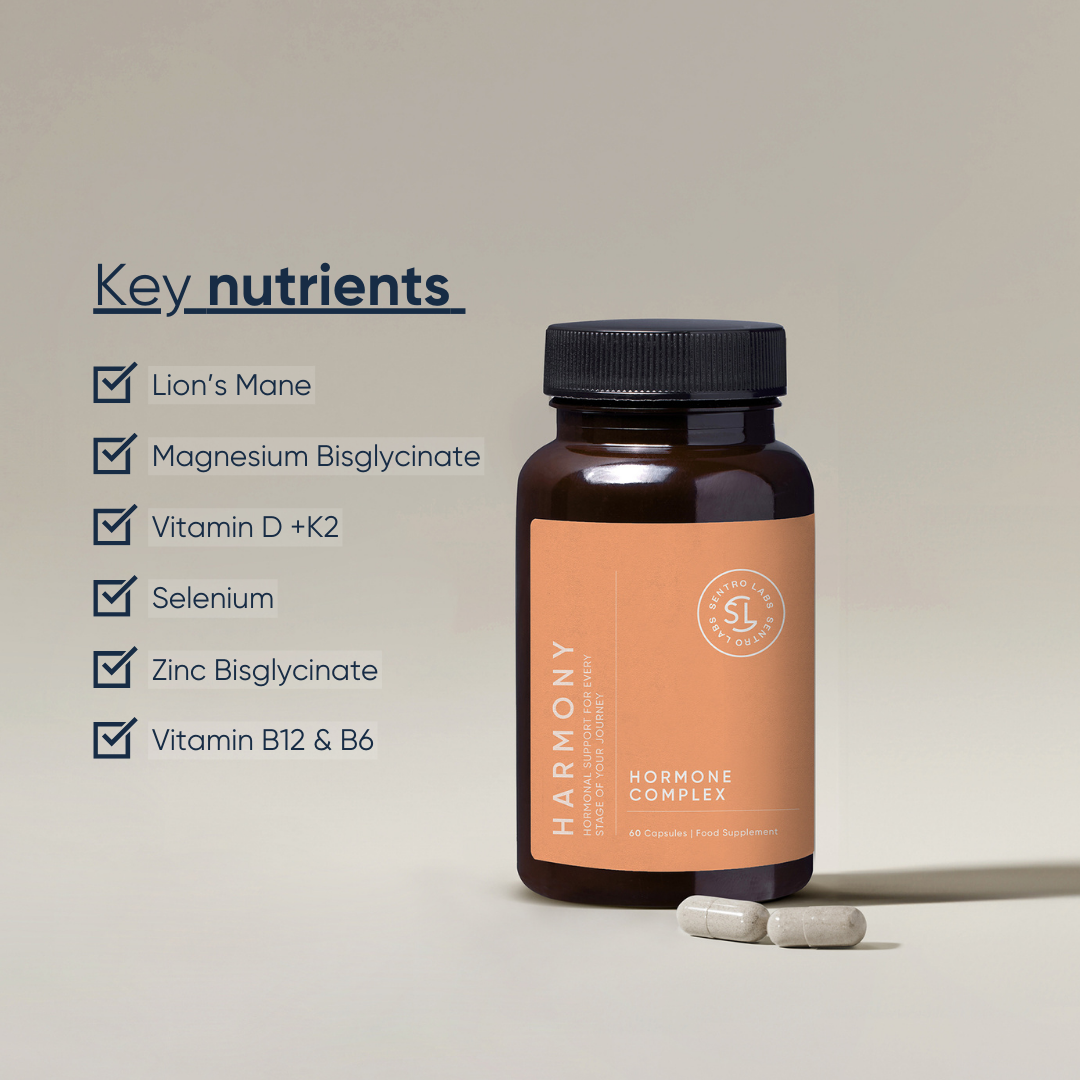
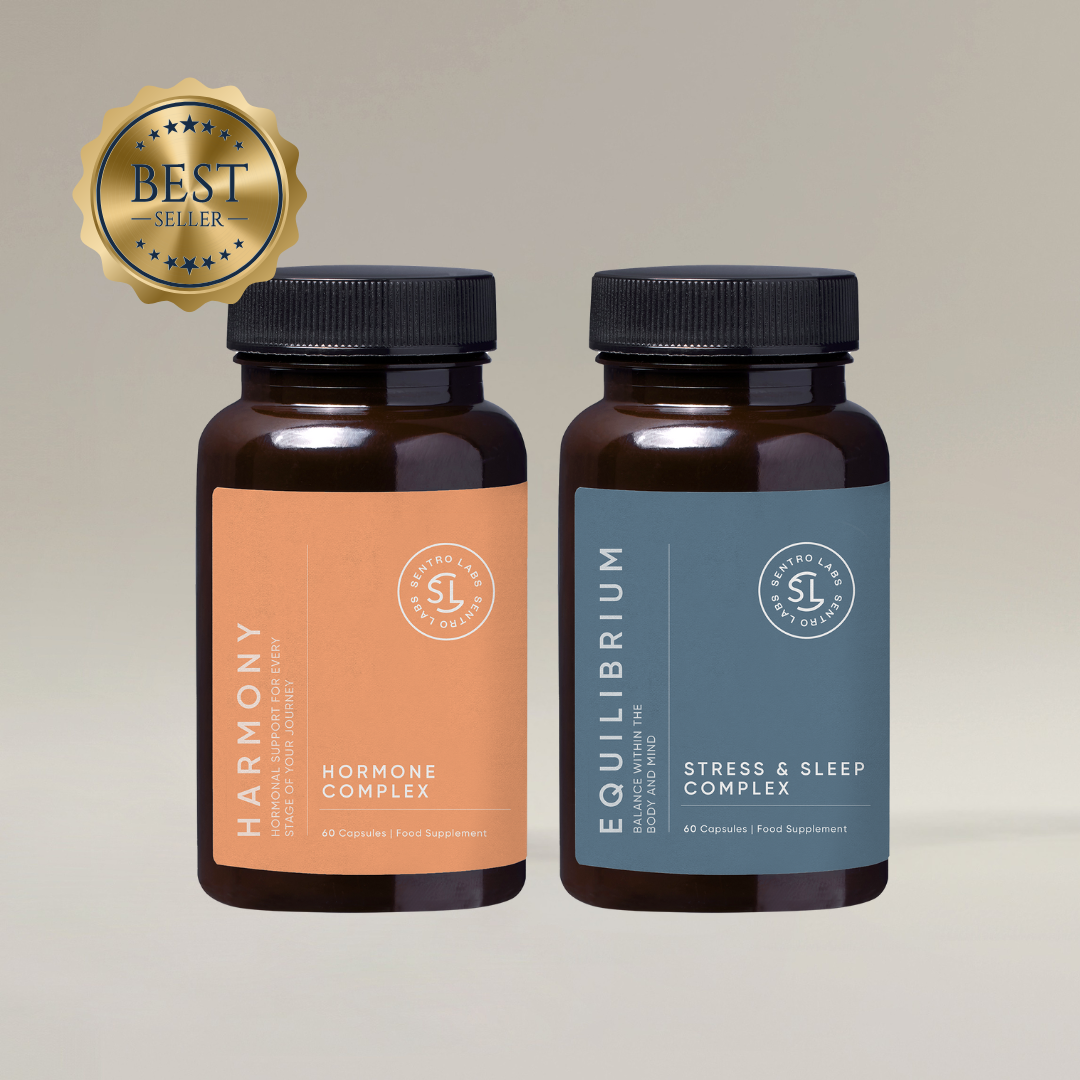
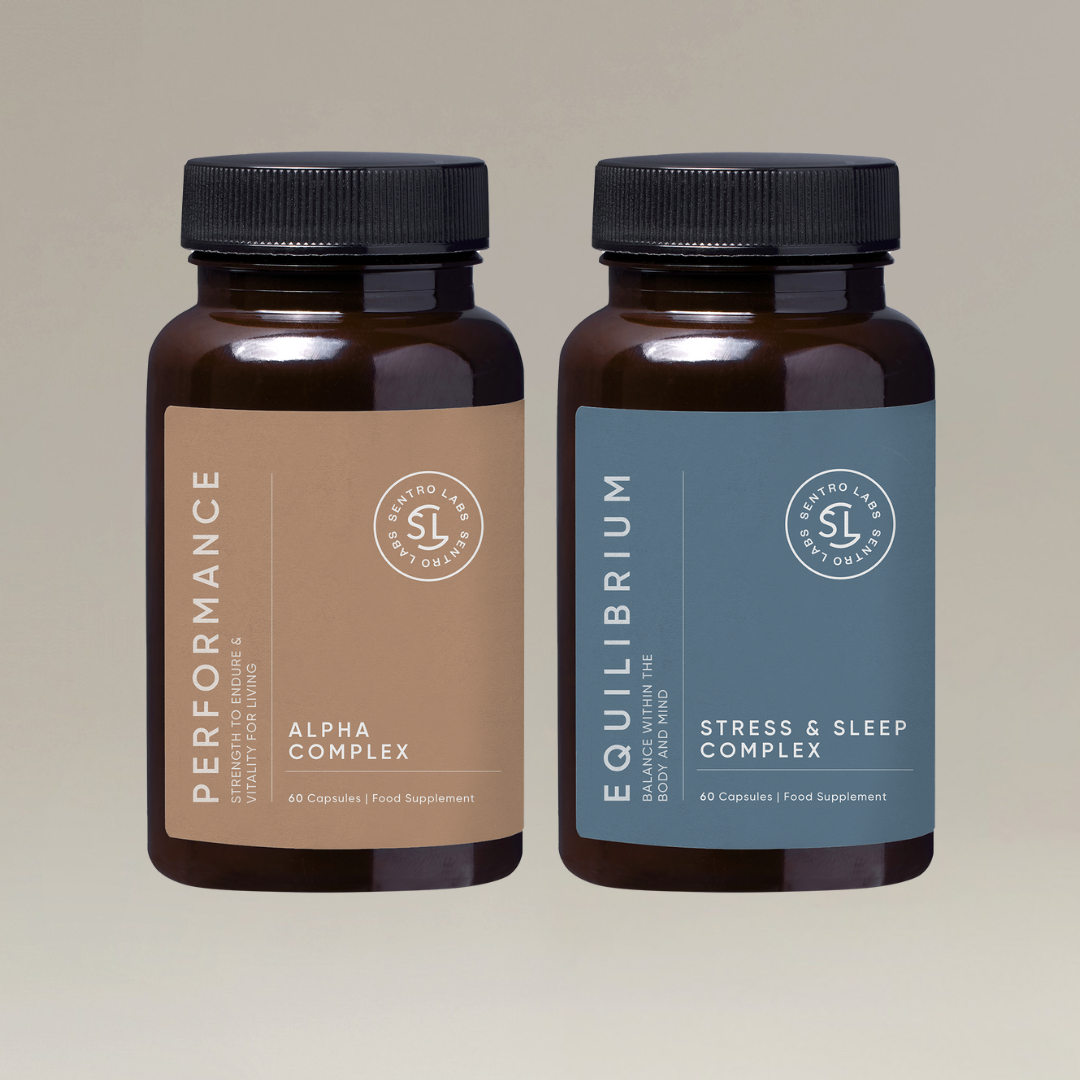
Share:
L-Theanine Side Effects and Benefits
The Comprehensive Guide on How to Raise Your Cortisol Levels